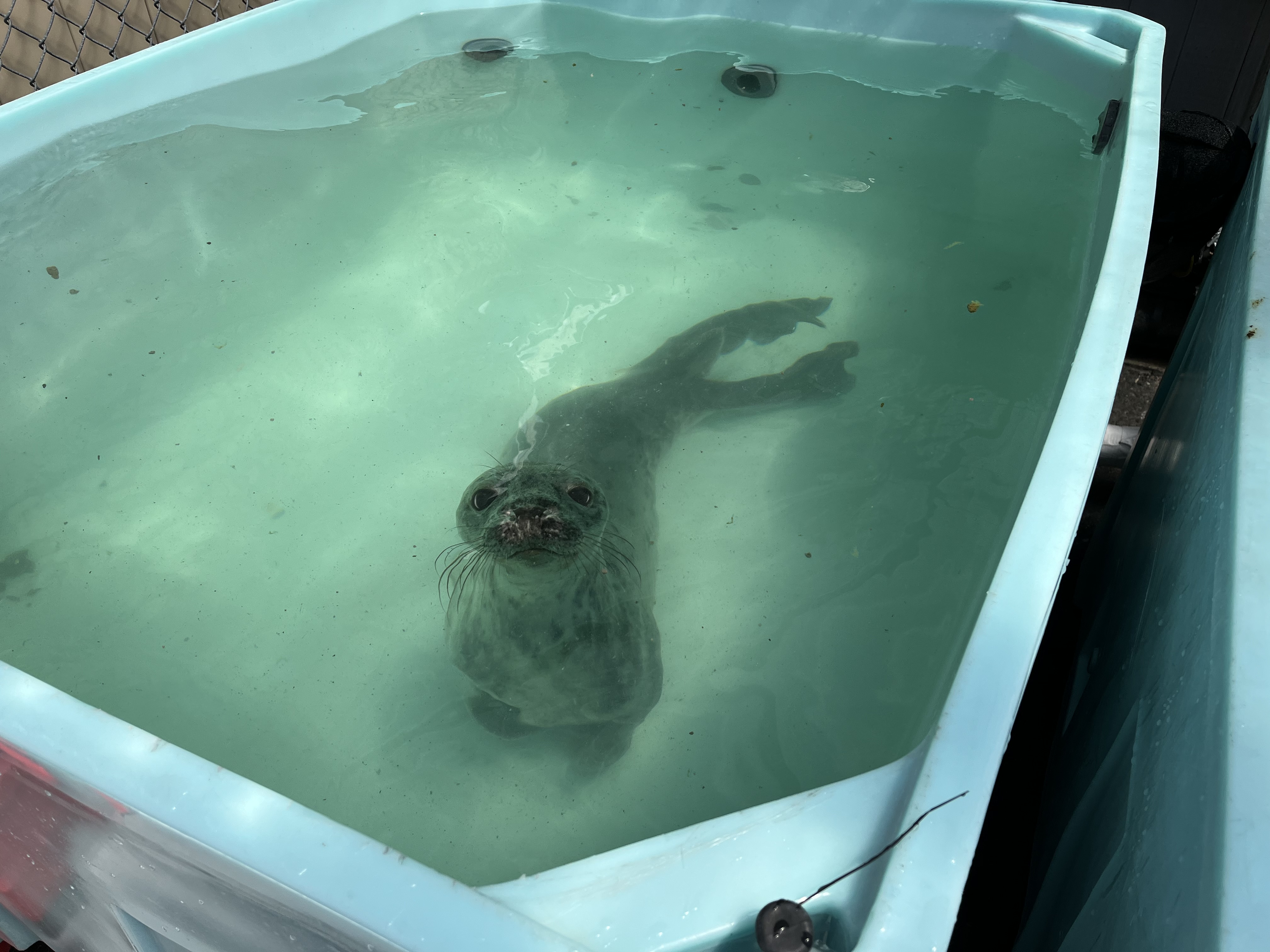If you feel like you’ve lost your religion, you are not alone. The Roman Catholic population has been shifting out of the Northeast to the Southwest, the percentage of Christians in the nation has declined and more people say they have no religion at all.
The results come in the American Religious Identification Survey a study on American religious life by Trinity College in Hartford.
Northern New England is now the least religious region. The region has surpassed the Pacific Northwest.
The study found that the numbers of Americans with no religion rose in every state, including 14 percent of Connecticut residents.
"No other religious bloc has kept such a pace in every state," the study's authors said.
In the Northeast, self-identified Catholics made up 36 percent of adults last year, down from 43 percent in 1990. In Connecticut, the number of Catholics dropped from 50 percent to 38 percent.
At the same time, however, Catholics grew to about one-third of the adult population in California and Texas, and one-quarter of Floridians, largely due to Latino immigration, according to the research.
Nationally, Catholics remain the largest religious group, with 57 million people saying they belong to the church. The tradition gained 11 million followers since 1990, but its share of the population fell by about a percentage point to 25 percent.
Christians who aren't Catholic also are a declining segment of the country.
In 2008, Christians made up 76 percent of U.S. adults, compared to about 77 percent in 2001 and about 86 percent in 1990.
The dwindling ranks of mainline Protestants, including Methodists, Lutherans and Episcopalians, largely explains the shift, researchers said.
Over the last seven years, mainline Protestants dropped from just over 17 percent to 12.9 percent of the population.
The survey also shows a change in the role of religion in marriage and death -- 30 percent of married couples did not have a religious wedding ceremony and 27 percent of respondents said they did not want a religious funeral.
About 12 percent of Americans believe in a higher power but not the personal God at the core of monotheistic faiths. And, since 1990, a slightly greater share of respondents -- 1.2 percent -- said they were part of new religious movements, including Scientology, Wicca and Santeria.
The study also found signs of a growing influence of churches that either don't belong to a denomination or play down their membership in a religious group.



